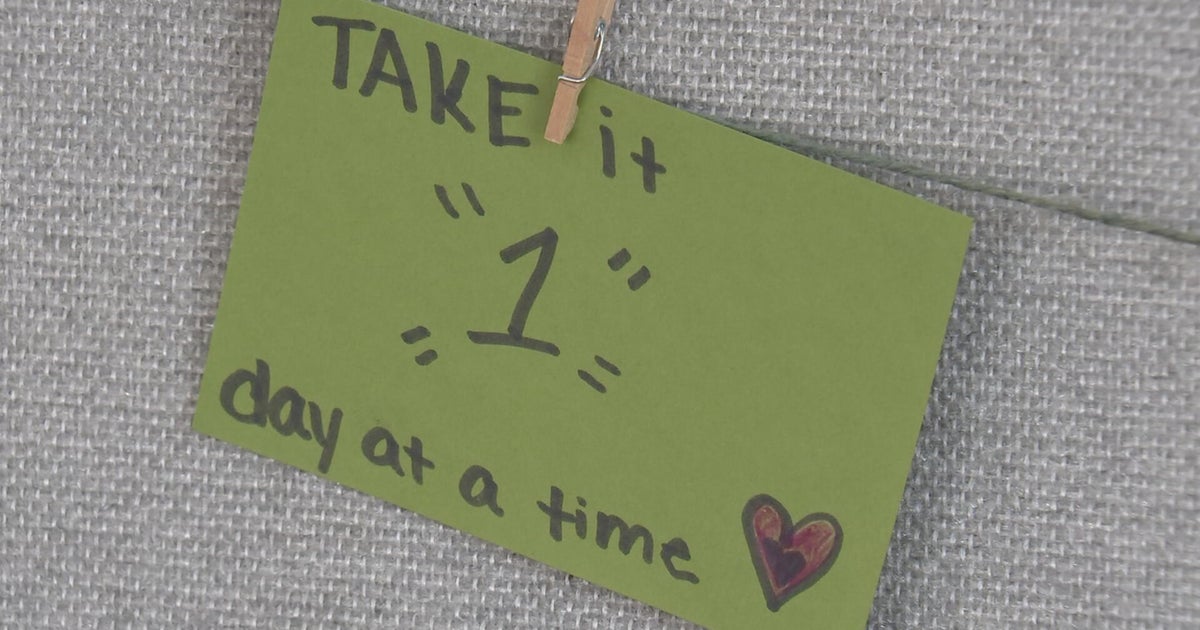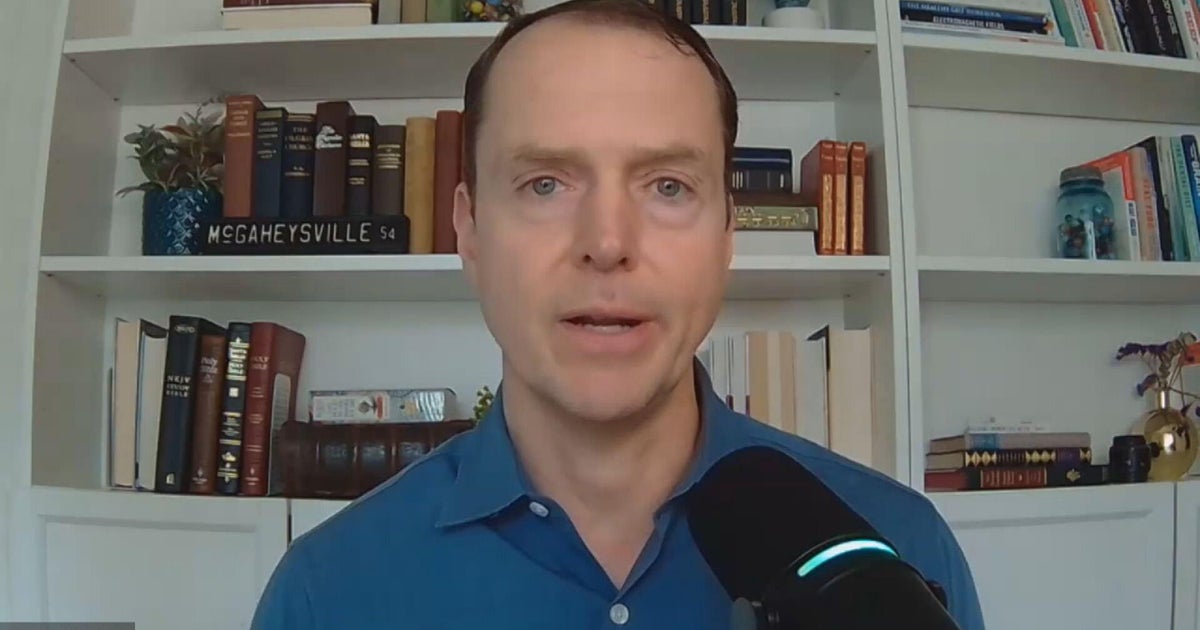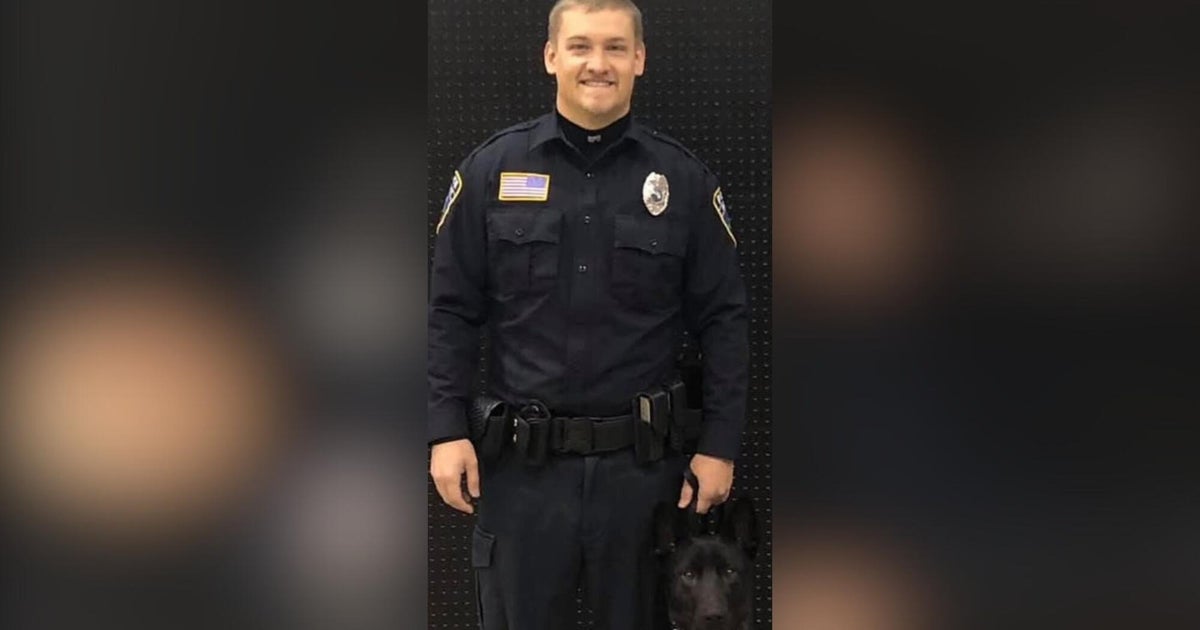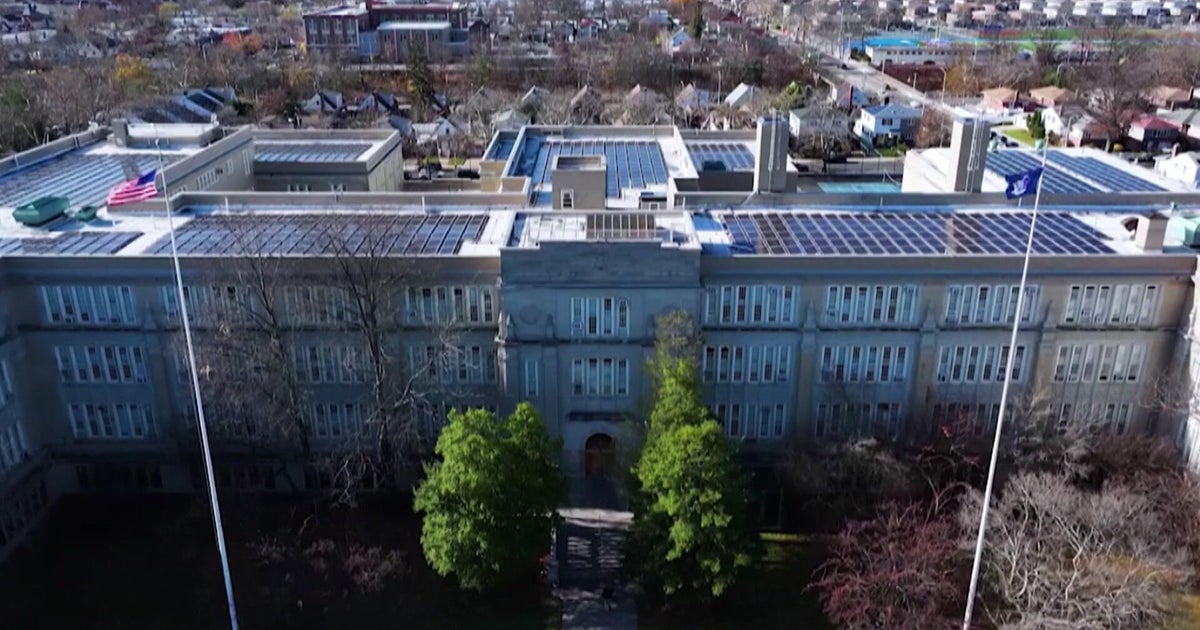Mayo Clinic's proton beam breast cancer therapy program gets $100M donation
ROCHESTER, Minn. – A big donation is bringing hope to people fighting cancer.
The Andersen Foundation, founded by the window company's founder, is donating $100 million to the Mayo Clinic proton beam therapy program. The announcement details the large gift.
WCCO's Susan-Elizabeth Littlefield got an inside look at the equipment making life easier for those going through the tough diagnosis of breast cancer.
October is now synonymous with pink for a very good reason: 1 in 8 women will be diagnosed in their lifetime.
It's something Halena Gazelka, a doctor herself, learned the hard way. In the shower, she noticed a subtle change in her left breast.
"It was tiny, like a pin tip, and I thought really nothing of it. Two days later I was in my own office, opened my own path report and it said 'invasive breast cancer,'" Gazelka said. "It was like … falling into a pit. It was quite an emotional experience."
And just like that, the anesthesiologist was under the care of an oncologist.
"It's a whole different story being the patient instead of the physician," Gazelka said.
After a lumpectomy, she got some good news: she qualified for the Mayo Clinic's proton therapy condensed treatment plan.
"I knew many women who had gone through a full course of standard radiation therapy, which is about 30 treatments," she said. "And so when my oncologist suggested I have proton beam therapy, which is five treatments total, I was delighted."
Dr. Dean Shumway took WCCO inside the therapy center, showing that unlike X-ray radiation, proton therapy doesn't hurt other areas near the breast.
"The things that we think about most are avoiding the heart and lung," Shumway said.
He was a first-year medical student when his grandmother was diagnosed. Breast cancer treatment became his mission - one that proton therapy is making brighter.
"We're able to focus the radiation more of where we want it to go. That opens the door to considering some shorter treatment courses," Shumway said. "I think that the treatments that we have now for breast cancer are better than they've ever been, and our ability to tailor the treatment the patient is better than it has been."
He says that hope is real. Dr. Halena Gazelka is cancer free.
"I hope that this experience makes me not only a better physician, but a better human being," she said.
Gazelka was 50 when she was diagnosed. She had no family history or risk factors, and is urging all women to get screened.









